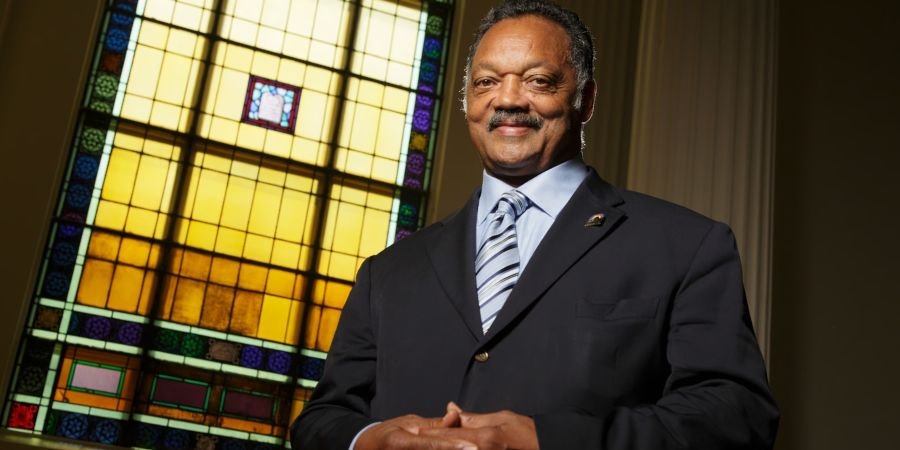In recent years, the Gulf region has witnessed a transformative shift in leadership dynamics, with an increasing emphasis on collective leadership and community engagement. As nations grapple with rapid changes—be it economic diversification, social development, or environmental challenges—the need for inclusive decision-making has become more critical than ever. This article explores the concept of collective leadership in the Gulf, highlighting its significance, methodologies, and the impact of community engagement on societal progress.
Defining Collective Leadership
Collective leadership is characterized by collaborative decision-making, shared responsibilities, and a focus on empowering individuals within communities. Unlike traditional leadership models that often center on a single leader or authority figure, collective leadership recognizes the strengths and contributions of diverse voices. In the Gulf, this approach is increasingly being adopted across various sectors, including governance, business, and civil society.
The concept is particularly relevant in a region where rapid modernization and urbanization have led to diverse populations with unique perspectives and needs. By fostering a culture of collaboration, collective leadership aims to harness this diversity to create inclusive policies and initiatives that reflect the interests of all stakeholders.
The Role of Community Engagement
Community engagement is a cornerstone of collective leadership, serving as a bridge between leaders and the communities they serve. In the Gulf, leaders are increasingly recognizing the importance of involving community members in the decision-making process. This engagement can take various forms, including public consultations, participatory workshops, and collaborative projects.
For example, in the UAE, various municipalities have implemented initiatives to solicit feedback from residents on urban development projects. This not only allows community members to voice their opinions but also ensures that developments align with the needs and aspirations of the populace. Such practices foster a sense of ownership among community members, enhancing their commitment to local initiatives.
Case Studies in Collective Leadership
- The UAE’s Community Councils
The UAE has established community councils that serve as platforms for residents to engage with local authorities. These councils provide a space for citizens to discuss issues affecting their neighborhoods, from public safety to environmental concerns. By empowering citizens to contribute to local governance, the councils enhance transparency and accountability while fostering a spirit of collaboration between the government and the community.
- Qatar’s National Vision 2030
Qatar’s National Vision 2030 emphasizes the importance of community engagement in achieving sustainable development goals. The government actively involves citizens in the planning and implementation of various initiatives, from educational reforms to health services. This approach not only ensures that policies are relevant and effective but also builds trust between the government and its citizens.
- Grassroots Movements in Bahrain
Bahrain has seen the rise of grassroots movements focused on environmental sustainability and social justice. These movements often involve local communities in decision-making processes related to environmental conservation, cultural preservation, and social equity. By amplifying the voices of citizens, these initiatives drive positive change and promote a sense of collective responsibility.
Benefits of Collective Leadership
- Enhanced Decision-Making
By incorporating diverse perspectives, collective leadership leads to more informed and balanced decision-making. Engaging with community members allows leaders to identify potential challenges and opportunities that may not be visible from a top-down perspective.
- Building Trust and Accountability
Collective leadership fosters transparency and accountability. When community members are involved in decision-making, they are more likely to trust leaders and institutions. This trust is crucial for social cohesion and stability, particularly in diverse societies.
- Empowerment of Individuals
Community engagement empowers individuals to take ownership of their issues and solutions. When people feel their voices matter, they are more likely to participate actively in their communities, leading to a more vibrant civic culture.
- Sustainable Development
Collective leadership is integral to achieving sustainable development goals. By considering the needs of various stakeholders, leaders can develop initiatives that promote environmental sustainability, social equity, and economic resilience.
Challenges to Collective Leadership
Despite its benefits, collective leadership faces several challenges in the Gulf region. Traditional hierarchies and cultural norms may inhibit open dialogue and collaboration. Additionally, varying levels of awareness and engagement among community members can lead to disparities in participation.
To overcome these challenges, it is essential to foster a culture that values inclusivity and dialogue. Educational initiatives that promote civic engagement and leadership skills can empower individuals to contribute meaningfully to their communities.
The Future of Collective Leadership in the Gulf
The future of collective leadership in the Gulf looks promising, driven by a combination of governmental support and grassroots movements. As nations in the region continue to evolve, the emphasis on community engagement is likely to grow.
The Gulf Cooperation Council (GCC) states are increasingly investing in platforms that facilitate public participation and dialogue. By leveraging technology and social media, leaders can engage a wider audience and foster a culture of collaboration that transcends geographical and social boundaries.
Conclusion
Collective leadership, driven by community engagement, is emerging as a powerful force for positive change in the Gulf region. By recognizing the value of diverse voices and fostering inclusive decision-making, leaders can address the complex challenges facing their societies. As the Gulf continues to modernize and diversify, embracing collective leadership will be crucial for achieving sustainable development and ensuring that all citizens have a stake in their future.
In a world increasingly characterized by uncertainty and rapid change, the lessons learned from the Gulf’s experience with collective leadership can serve as a model for other regions seeking to empower their communities and foster resilient, inclusive societies.
Read Also: Sustainable Development Practices: Lessons from the Gulf










